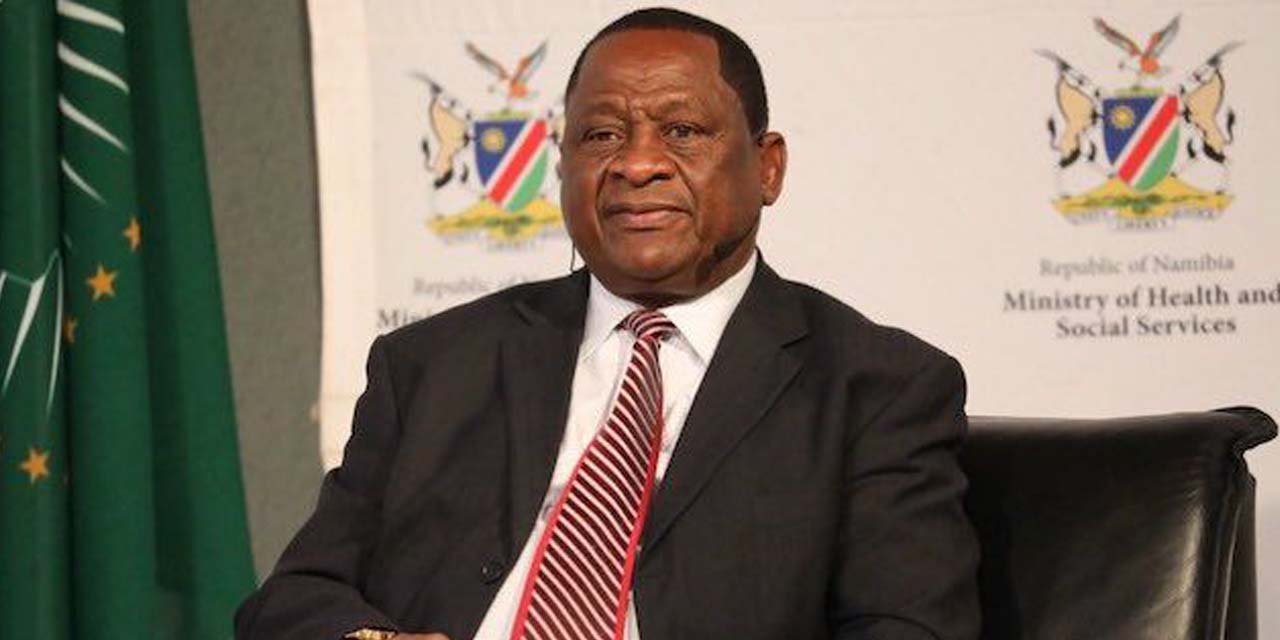Stefanus Nashama
POPULAR Democratic Movement (PDM) Elders Council has asked government to grant additional funds to the Ministry of Health and Social Services (MoHSS) in order for the Ministry to be able to furnish government hospitals and clinics with readily available medicines and health passports.
The Council also recommended that government provide suitable and sufficient storage facilities to ensure adequate pharmaceutical stock.
According to PDM Elders Council Acting Secretary, Meundju Jahanika, the shortage of drugs in public health facilities, particularly in rural areas, is a severe issue that mostly affects the elderly.
Jahanika stated in a media statement yesterday that the existing system is straining to deliver priority services.
“Bring back the old government health system that used to put emphasis on health needs, because people are suffering. The PDM Elders Council has been aware of the lack of vital medicines in hopistals and clinics for the past three years,” he added.
Jahanika emphasised that patients, particularly the elderly, have significant challenges since they go from locations outside of town to receive treatment, and when their turn comes, they are told to go to a private pharmacy to purchase medicine.
As a result, he said that transferring patients to private pharmacies does not always work because they pay more for treatment and medication.
Jahanika stated that the scarcity of medicine is due to misuse of funding and delivery of medicine, which is forcing patients to travel considerable distances from their homes to clinics and back to their communities.
“Previously, medicine and passports were available in all government clinics and hospitals, but government is now struggling to keep this up. Patients are being referred to private pharmacies, where medicine is pricey and only available to those with medical aid,” he said.
He also highlighted the scarcity of health passports in government clinics and hospitals, which he said is a cause for concern.
He highlighted that people are being sent to local shops to buy exercise books to replace their previous health passport after it becomes full.
He asked health officials to conduct inspections, particularly in rural regions, where he said he had witnessed how people, particularly the elderly, suffering.
In this regard, the Parliamentary Standing Committee on Gender Equality, Social Development, and Family Affairs inspected the Ondangwa Health Centre in Oshana region yesterday.
The medical team informed the committee that the Health Centre is dealing with a number of problems, including a lack of drugs and health passports, among other things.
Furthermore, due to a lack of adequate waiting rooms at the Health Centre, patients are forced to wait in tents.
The sub-committee’s visit to this hospital follows a motion introduced in the National Assembly in 2022 by PDM member, Winnie Moongo to discuss and investigate the deplorable and inhospitable state of mental health institutions and facilities, as well as whether the conditions provide an appropriate and therapeutic environment.
Swapo Party Youth League Secretary Ephraim Nekongo, who is also a member of the sub-committee, pointed out that some drugs arrive from suppliers damaged, and because such medicines are unsafe for patients to use, they must be returned to government storage.
This, according to Nekongo, contributes to the issue of medicine shortages in government health centres.
He also stated that government has spent money on medicines that are no longer useful, which has resulted in insufficient cash to order new medicines.
Contacted for comment, Esther Muinjangue, MoHSS Deputy Minister, referred this publication to Executive Director, Ben Nangombe or Public Relations Officer, Walter Kamaya.
The Windhoek Observer also made many attempts to contact the Ministry of Health and Social Services in order to gain a reaction to the issues raised, but has never received a response.
Kamaya, the Ministry’s Spokesperson, was unavailable for comment.




